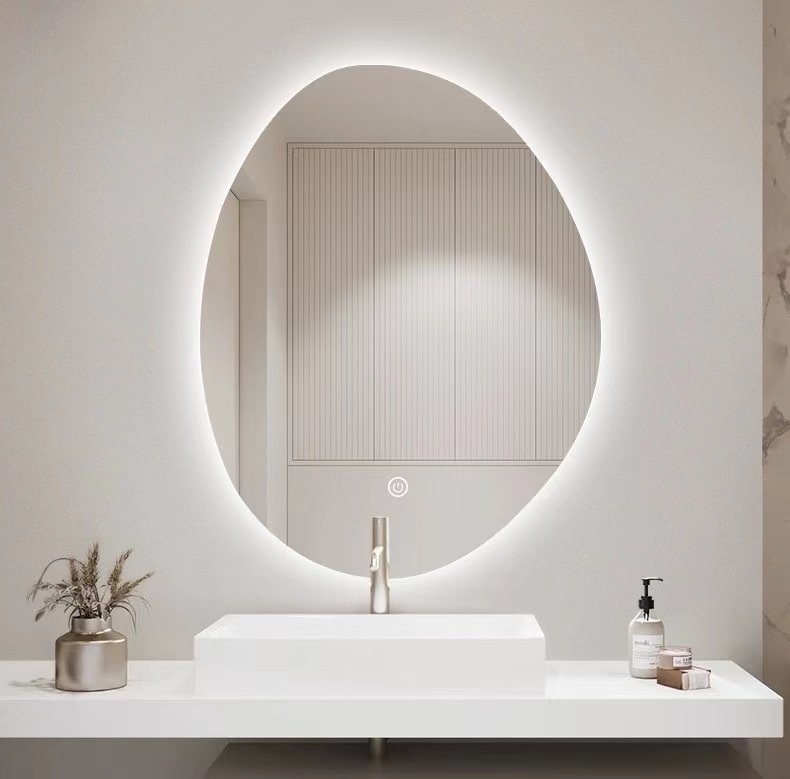

The Role of Tinted Glass Suppliers in Modern Architecture and Design
In today's architectural landscape, tinted glass has emerged as a transformative material that blends aesthetics with functionality. Its ability to filter sunlight, reduce glare, and enhance privacy has made it a popular choice among architects and designers. Consequently, tinted glass suppliers play a crucial role in the construction and design industries, providing innovative solutions that cater to various demands.
Understanding Tinted Glass
Tinted glass is produced by adding certain chemicals during the manufacturing process, resulting in a range of colors and shades. This coloring can provide several benefits, including improved thermal insulation and UV protection, which are essential for both residential and commercial buildings. The varying degrees of tint can help control the amount of light that enters a space, making it more comfortable for occupants.
Benefits of Tinted Glass
One of the main advantages of tinted glass is its energy efficiency. By reducing the amount of solar heat gain, tinted glass helps maintain a cooler interior environment during hot months, thereby lowering air conditioning costs. This is particularly important in regions with warm climates, where energy consumption for cooling can be substantial. Additionally, tinted glass also protects interior furnishings from the harmful effects of UV rays, which can cause fading and deterioration over time.
Tinted glass also enhances aesthetic appeal. Architects and designers can choose from a variety of colors and degrees of tint to create unique visual effects and harmonize with the overall design theme of a building. This versatility allows for innovative designs that stand out while fulfilling practical functions.
The Role of Tinted Glass Suppliers

Tinted glass suppliers are essential in facilitating the integration of this material into modern architecture. They are responsible for not only manufacturing tinted glass but also for educating clients about the various options available. Suppliers can offer guidance on the best types of tinted glass for specific applications, ensuring that clients make informed decisions that enhance their projects.
Moreover, suppliers play a vital role in ensuring quality and compliance with industry standards. They must adhere to regulations concerning safety, performance, and sustainability. Many tinted glass suppliers are now focusing on eco-friendly practices, producing glass that not only meets aesthetic and functional demands but also minimizes environmental impact.
Innovations in Tinted Glass
The tinted glass market has witnessed numerous innovations in recent years. Suppliers are increasingly exploring advanced technologies, including electrochromic glass, which can change tint in response to electric signals. This type of glass offers even more control over light and heat, allowing occupants to customize their environment easily. Such innovations are not only appealing but are also becoming essential in smart building applications.
Another significant trend is the development of self-cleaning tinted glass. This type of glass features a special coating that allows it to repel dirt and grime, significantly reducing maintenance costs and effort. As sustainability becomes a critical focus for developers and architects, these innovations are likely to gain popularity.
Conclusion
Tinted glass suppliers are integral to the evolution of modern architecture and design. By offering a blend of aesthetic appeal, functionality, and energy efficiency, tinted glass has become a staple in both residential and commercial projects. As the industry progresses, the role of suppliers will continue to evolve, fostering innovations that meet the changing needs of architects and consumers alike. With their expertise, tinted glass suppliers not only supply a product but also contribute to the creation of spaces that are beautiful, comfortable, and sustainable.